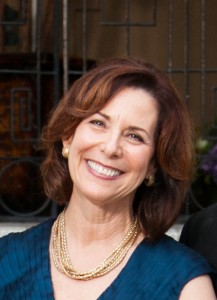A Quote by Barry Long
WE HAVE SEEN that hunger and breathing are desires of the body. There are other desires that are not of the body, but again man seldom pauses to observe these desires in himself.
Related Quotes
The body is there because the mind seeks desires through the body; desires cannot be fulfilled without the body. You can be completely fulfilled without the body, but desires cannot be fulfilled without the body. Desire needs the body; the body is the vehicle of desire. That's why possession happens. You have heard, you must have heard, many stories about a ghost possessing somebody else. Why is a ghost so interested in possessing somebody else? It is because of desires. Desires cannot be fulfilled without a body, so he enters somebody's body to fulfill his desires.
Prayer is the offering up of our desires to God in the name of Christ, for such things as are agreeable to his will. It is an offering of our desires. Desires are the soul and life of prayer; words are but the body; now as the body without the soul is dead, so are prayers unless they are animated with our desires.
On the one hand, man is a body, in the same way that this may be said of every other animal organism. On the other hand, man has a body. That is, man experiences himself as an entity that is not identical with his body, but that, on the contrary, has that body at its disposal. In other words, man's experience of himself always hovers in a balance between being and having a body, a balance that must be redressed again and again.
There are urges and urges; you are exploding with urges, desires. You don`t have one desire, you have many desires. Not only that you have many desires, you have contradictory desires. If one is fulfilled, the other, which is its contradiction, remains unfulfilled and you are in misery. If the other is fulfilled, then something else remains unfulfilled.
The same is the case when you enter a womb, enter into a fresh body, and start the journey of desires. But if you die alert, in that alertness not only the body dies, all desires evaporate. Then there is no entering into a womb. Then entering a womb is such a painful process, it is so painful that consciously you cannot do it; only unconsciously you can do it.
Buddha says this is how one should be - no desire, because all desires are futile. They are about the future; life is in the present. All desires distract you from the present, all desires distract you from life, all desires are destructive of life, all desires are postponements of life. Life is now and the desire takes you away, farther and farther away from now. And when we see that our life is misery we go on throwing the responsibility on others, and nobody is responsible except us.


































